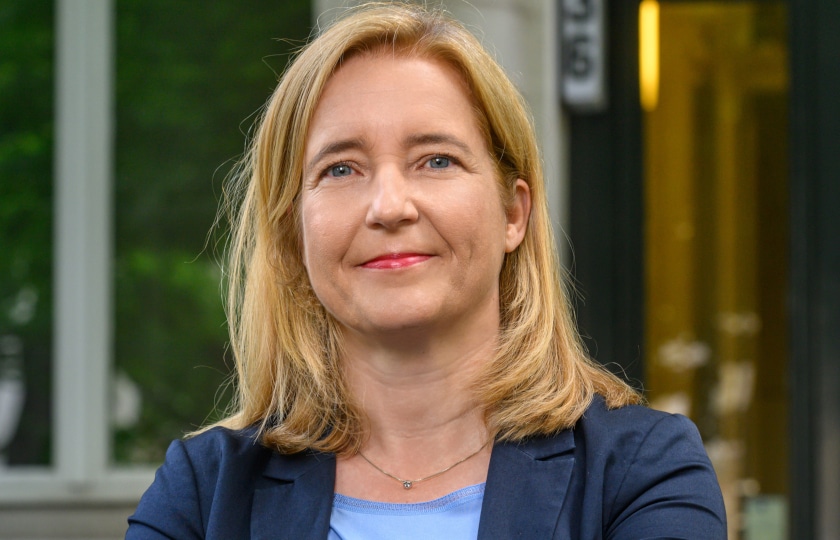The HBI is conducting a qualitative and quantitative study to examine how babies and young children under the age of five are portrayed on commercial German-language ‘family influencing’ profiles on Instagram, TikTok and YouTube. A team led by Dr. Claudia Lampert and Dr. Stephan Dreyer is discussing the findings in relation to the existing legal framework and media ethics considerations, and critically evaluating them.
The phenomenon of ‘family influencing’ has evolved in Germany from private parenting blogs to a professionalised and economically significant sector within the creator economy. Family influencers provide authentic insights into family life and offer a wide range of ideas about good parenting.
This type of content created by families is monetised through various revenue streams, including direct advertising partnerships in the form of sponsored posts and videos, strategic product placements in everyday settings, affiliate marketing and direct payments from ad-supported platforms.
Children of family influencers act as important advertising vehicles for a wide range of products, including toys, clothing, food, drugstore items and financial services. They are at least a topic of conversation as part of the portrayed family, and often extras, but not infrequently the protagonists of the influencing activities.
Portraying children in commercial contexts can conflict with their constitutional rights and need for protection. This issue must be considered in light of the United Nations Convention on the Rights of the Child. At the heart of the issue are violations of general personal rights, including the right to one’s own image and the right to privacy. Parental custody, granted to legal guardians in the best interests of the child, faces practical, ethical, and legal challenges due to the inherent conflict of interest.
Against this backdrop, the Leibniz Institute for Media Research | Hans-Bredow-Institut is conducting a qualitative and quantitative study of the representation of babies and young children (ages 0-5) on German-language social media platforms such as Instagram, TikTok, and YouTube. The study provides a critical assessment of this representation in relation to the existing legal framework and media ethics considerations.







![Screenshot of an article on the Verfassungsblog. Title of the article: “Ein rundfunkrechtliches ‘Solange’?” [An “As Long As" in Broadcasting Law?]](https://leibniz-hbi-de.b-cdn.net/wp-content/uploads/2025/10/Verfassungsblog-Mast-Schulz-OeRR.jpg)





